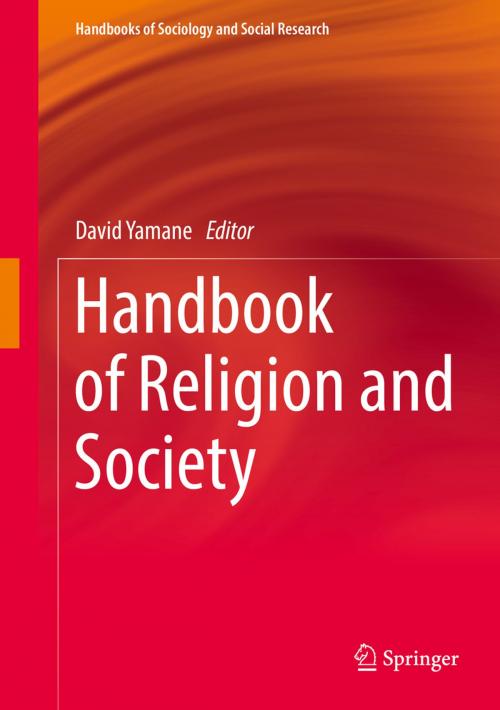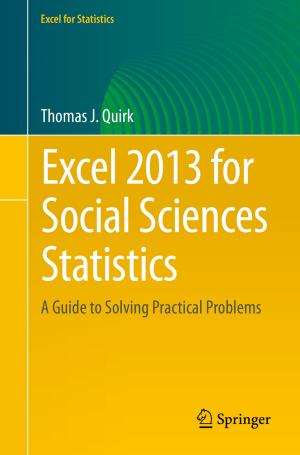Handbook of Religion and Society
Nonfiction, Social & Cultural Studies, Social Science, Sociology, Religion & Spirituality| Author: | ISBN: | 9783319313955 | |
| Publisher: | Springer International Publishing | Publication: | July 15, 2016 |
| Imprint: | Springer | Language: | English |
| Author: | |
| ISBN: | 9783319313955 |
| Publisher: | Springer International Publishing |
| Publication: | July 15, 2016 |
| Imprint: | Springer |
| Language: | English |
The Handbook of Religion and Society is the most comprehensive and up-to-date treatment of a vital force in the world today. It is an indispensable resource for scholars, students, policy makers, and other professionals seeking to understand the role of religion in society. This includes both the social forces that shape religion and the social consequences of religion.
This handbook captures the breadth and depth of contemporary work in the field, and shows readers important future directions for scholarship. Among the emerging topics covered in the handbook are biological functioning, organizational innovation, digital religion, spirituality, atheism, and transnationalism. The relationship of religion to other significant social institutions like work and entrepreneurship, science, and sport is also analyzed. Specific attention is paid, where appropriate, to international issues as well as to race, class, sexuality, and gender differences.
This handbook includes 27 chapters by a distinguished, diverse, and international collection of experts, organized into 6 major sections: religion and social institutions; religious organization; family, life course, and individual change; difference and inequality; political and legal processes; and globalization and transnationalism.
The Handbook of Religion and Society is the most comprehensive and up-to-date treatment of a vital force in the world today. It is an indispensable resource for scholars, students, policy makers, and other professionals seeking to understand the role of religion in society. This includes both the social forces that shape religion and the social consequences of religion.
This handbook captures the breadth and depth of contemporary work in the field, and shows readers important future directions for scholarship. Among the emerging topics covered in the handbook are biological functioning, organizational innovation, digital religion, spirituality, atheism, and transnationalism. The relationship of religion to other significant social institutions like work and entrepreneurship, science, and sport is also analyzed. Specific attention is paid, where appropriate, to international issues as well as to race, class, sexuality, and gender differences.
This handbook includes 27 chapters by a distinguished, diverse, and international collection of experts, organized into 6 major sections: religion and social institutions; religious organization; family, life course, and individual change; difference and inequality; political and legal processes; and globalization and transnationalism.















